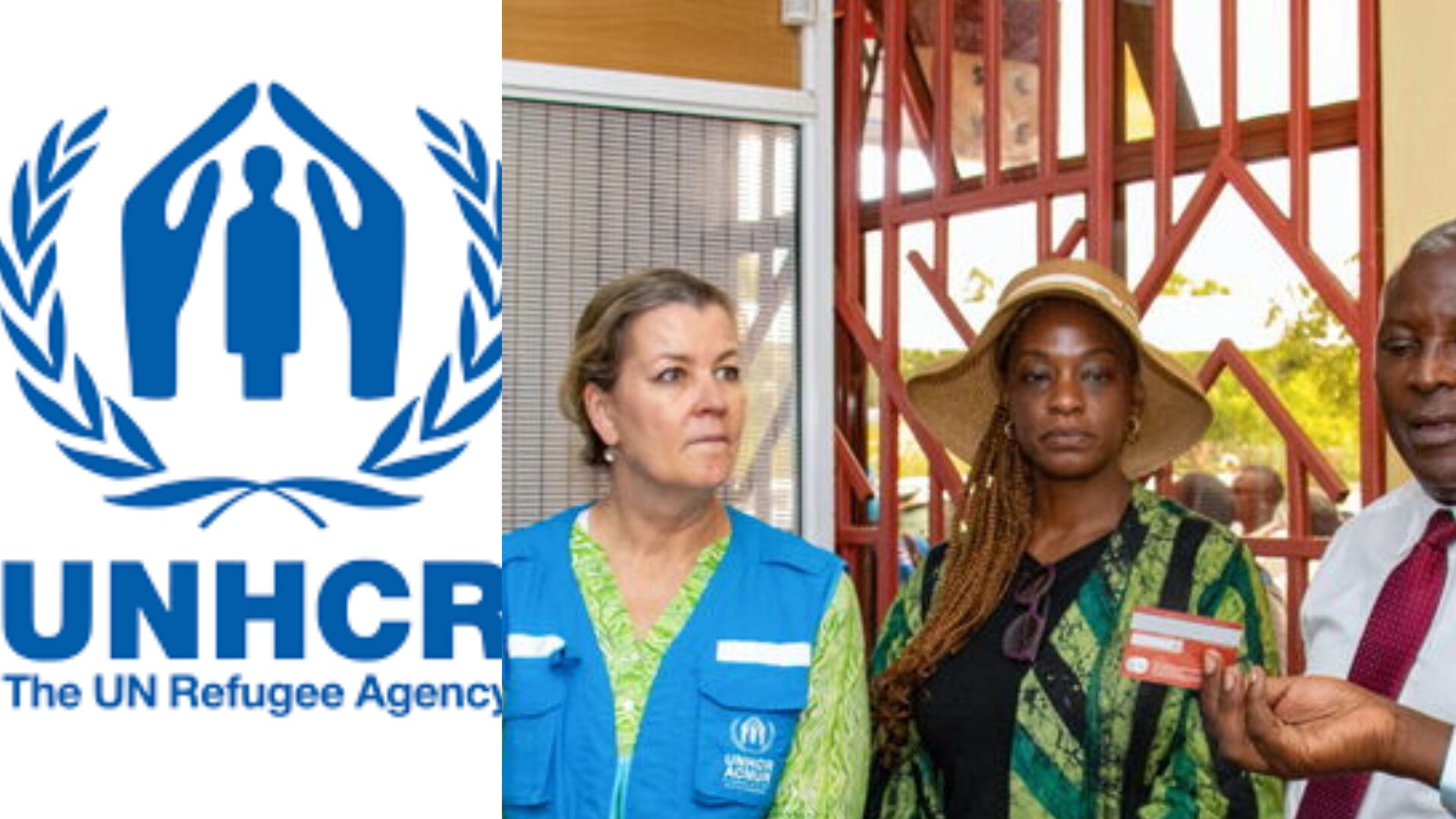Equity Group Partners with UNHCR and World Food Programme to Empower Refugees: A Holistic Approach

Equity Group has announced a groundbreaking partnership with the United Nations High Commission for Refugees (UNHCR) and the World Food Programme (WFP) aimed at empowering refugees. This collaboration, marked by the launch of the Shirika Plan, seeks to promote socio-economic inclusion for both refugees and host communities in the Kakuma and Dadaab refugee camps.
Background of the Partnership
The partnership aligns with Equity Group’s mission to support sustainable development and improve livelihoods. By joining forces with UNHCR and WFP, two organizations renowned for their humanitarian efforts, Equity Group is set to make a significant impact on the lives of refugees.
The Shirika Plan
Objectives of the Shirika Plan
The Shirika Plan is designed to address the pressing needs of refugees and their host communities. Its main objectives include improving access to financial services, enhancing food security, and creating economic opportunities.
Targeted Refugee Camps: Kakuma and Dadaab
The initiative focuses on the Kakuma and Dadaab camps, which host thousands of refugees who face numerous challenges. By targeting these areas, the Shirika Plan aims to create a model for refugee assistance that can be replicated elsewhere.

PHOTO
EQUITY GROUP
Key Players Involved
Equity Group Foundation
Equity Group Foundation, the philanthropic arm of Equity Group, plays a pivotal role in this partnership. Its mission is to empower communities through inclusive financial services and sustainable development initiatives.
UNHCR
UNHCR, the UN Refugee Agency, provides protection and assistance to refugees. Their involvement ensures that the Shirika Plan aligns with international standards for refugee support.
World Food Programme
WFP, the world’s largest humanitarian organization addressing hunger, brings expertise in food security to the partnership. Their contributions are crucial for ensuring that refugees have access to nutritious food.
Safaricom
Safaricom, a leading telecommunications company, enhances the initiative with its technological solutions, facilitating better service delivery and connectivity for refugees.
Impact on Refugees
Socio-Economic Challenges Faced by Refugees
Refugees in Kakuma and Dadaab face numerous socio-economic challenges, including limited access to financial services, food insecurity, and unemployment. The Shirika Plan aims to address these issues comprehensively.
Benefits of the Shirika Plan
The Shirika Plan promises to improve the quality of life for refugees by providing them with the tools and resources needed for self-reliance. It aims to foster economic independence and social inclusion.
Banking Experiences of Refugees
Daniel Makhulo, Equity Kakuma Business Growth and Development Manager, shared valuable insights into the banking experiences of refugees. He highlighted the barriers they face in accessing financial services and the positive impact of Equity Group’s initiatives.
Role of Financial Services in Empowerment
Importance of Financial Inclusion
Financial inclusion is critical for empowering refugees. It enables them to save money, access credit, and engage in economic activities. Equity Group’s initiatives aim to provide refugees with these essential financial services.
Equity Group’s Initiatives
Equity Group has introduced various financial products tailored to the needs of refugees. These include savings accounts, microloans, and financial literacy programs.
Food Security Measures
WFP’s Contributions
WFP plays a crucial role in enhancing food security in the refugee camps. Their efforts ensure that refugees have access to sufficient and nutritious food.
Enhancing Food Security through the Shirika Plan
The Shirika Plan integrates WFP’s food security measures with other socio-economic initiatives to create a comprehensive support system for refugees.
Economic Development Initiatives
ob Creation and Entrepreneurship
The Shirika Plan emphasizes job creation and entrepreneurship as key components of economic development. By providing refugees with the tools and training needed to start their own businesses, the initiative fosters economic independence.
Training and Skill Development
Training and skill development are integral parts of the Shirika Plan. These programs equip refugees with the skills needed to secure employment and improve their livelihoods.
Community Integration and Support
Fostering Harmony Between Refugees and Host Communities
The Shirika Plan promotes social cohesion by fostering harmonious relationships between refugees and host communities. Community-building activities play a significant role in this process.
Community-Building Activities
These activities include joint economic ventures, cultural exchanges, and community projects that bring refugees and host community members together.
Testimonials and Statements
Comments from Dr. James Mwangi
Dr. James Mwangi, Executive Chairman of Equity Group Foundation, expressed his optimism about the partnership. “We chose to collaborate with UNHCR as their programs align seamlessly with our mission at Equity Group Foundation,” he stated.
Remarks by Kelly Clements
Kelly Clements, UNHCR Deputy High Commissioner, praised the initiative, highlighting the importance of partnerships in achieving long-term integration and empowerment for refugees.
Technological Enhancements by Safaricom
Role of Technology in the Initiative
Technology plays a crucial role in the success of the Shirika Plan. It facilitates better service delivery and enhances connectivity for refugees.
Safaricom’s Contributions
Safaricom contributes by providing technological solutions that support financial inclusion and improve access to services for refugees
Holistic Approach to Refugee Assistance
Combining Financial Services, Food Security, and Economic Development
The Shirika Plan’s holistic approach combines financial services, food security measures, and economic development initiatives to provide comprehensive support to refugees.
Long-Term Goals and Sustainability
The long-term goals of the Shirika Plan include creating sustainable livelihoods for refugees and fostering resilience and self-reliance
Future Prospects and Expansion
Potential for Scaling the Initiative
The success of the Shirika Plan in Kakuma and Dadaab could serve as a model for similar initiatives in other refugee camps worldwide.
Implications for Other Refugee Camps
By demonstrating the effectiveness of a holistic approach, the Shirika Plan has the potential to inspire and guide future efforts in refugee assistance.
Conclusion
Equity Group’s partnership with UNHCR and WFP represents a significant step towards empowering refugees through socio-economic inclusion. The Shirika Plan, with its comprehensive approach, aims to address the multifaceted challenges faced by refugees and foster a supportive environment for their growth and development. This initiative highlights the power of collaboration in addressing complex humanitarian issues and sets a precedent for future efforts in refugee assistance.











